Mid-'70s movie spin-off of The Who's classic 1969 double album, Tommy is an allegorical tale about self-discovery. After being sexually abused by his Uncle Ernie as a small child, middle class boy Tommy becomes a deaf/blind mute, unable to see, hear or speak- a condition that pertains right through into young adulthood. His exasperated parents are at a loss to account for his condition- the only thing he is able to do is play pinball, and play it brilliantly too. Nobody can understand it- how can a lad who cannot see or speak be such a wizard on the pinball table? At last, a Harley Street consultant diagnoses his problem- his condition is psychological, not physical. He can, in fact, see and hear perfectly well, and his blindness & deafness are a hysterical reaction to early trauma. When forced to look at himself in a mirror, Tommy suddenly finds himself liberated from his self-inflicted disability and back to being a fully functional, normal person again. His joy at being free again runs away with him, and both he and his family waste no time in promoting him as a Messianic figure- if he can cure himself in such a way, how might he be able to help others? Is he not perhaps a latter-day Saviour? Quickly developing a cult following as a kind of guru by a huge cross-section of society, he is lauded as a super-hero with amazing curative powers- but it isn't long before people begin to realise that this is far from the truth, and he begins to lose his superstar status.... Roger Daltrey himself plays Tommy, with Keith Moon as Uncle Ernie and Tommy's parents played by Oliver Reed and Ann-Margaret. Tina Turner puts in an appearance as 'The Acid Queen', a prostitute hired to try and cure Tommy by awakening his sexual interests, and Jack Nicholson plays the doctor. Elton John stars as 'The Local Lad', a former pinball champ who has to grudgingly concede that even he is no match for Tommy's pinball prowess. Tommy is really a metaphor for the limits of self-liberation. Whilst it's a wonderful thing to recover from a major trauma, get better from an illness or make advances in self-understanding, you have to take this as a personal blessing and use it to contribute to benefitting the wider world, rather than expecting it to lead to the world revolving around you- a lesson that Tommy ultimately learns at the end of the film. The movie came in for some criticism for it's heavy destruction of pinball machines in it's final part. Elton John sings a cover version of 'Pinball Wizard' on the soundtrack, which if anything is better than the original!

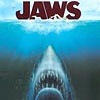
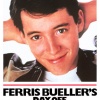
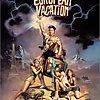
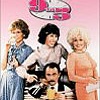

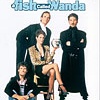
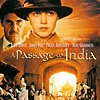
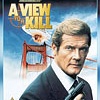
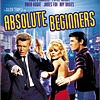
Do You Remember Tommy (film, 1975)?
Do You Remember Tommy (film, 1975)?